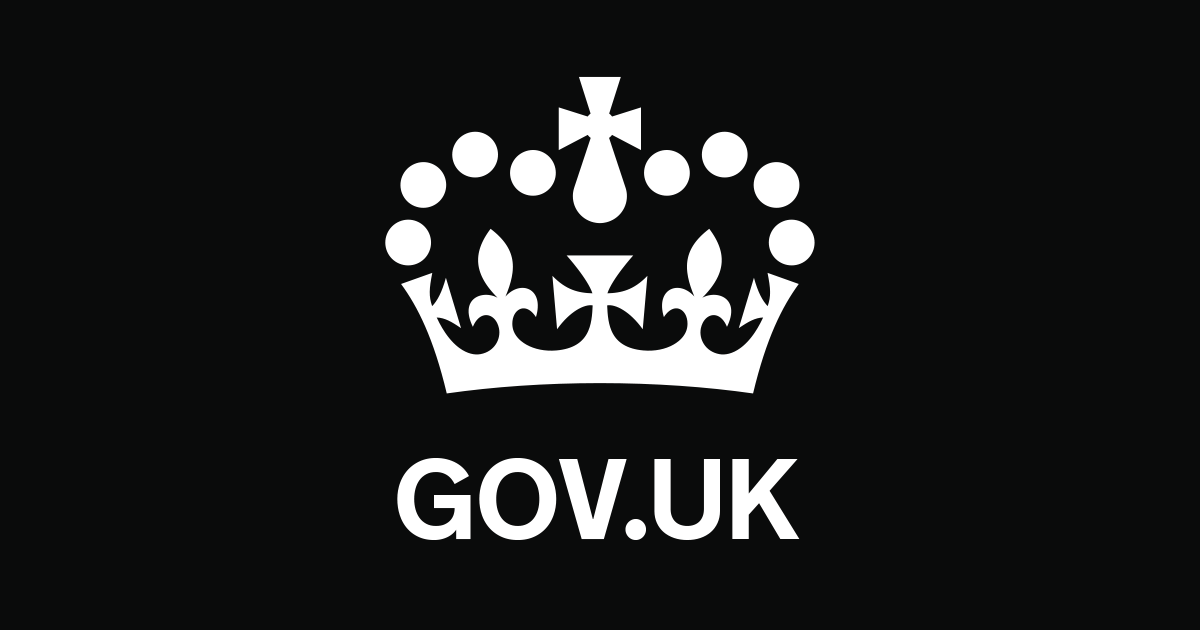The Government’s National Food Strategy, commissioned by former Environmental Secretary, Michael Gove in 2019, has been released to negative response.
The white paper was published in response to two Government-commissioned reports from restaurateur Henry Dimbleby – one on obesity, and the other on the environment. Dimbleby’s recommendations included:
- A further 1.5 million children to receive free school meals
- More than £2bn for farmers to invest in, and improve the British countryside
- A 30% reduction in the consumption of meat and dairy
Much to the disappointment of Henry Dimbleby, the opposition parties, and environmental lobbyists such as Greenpeace, the 27-page document makes little use of the recommendations and overlooks the contribution that rising food prices are making to the cost-of-living crisis in the UK.
Whilst Dimbleby acknowledges that the UK’s food system stood up well to what he called “its biggest stress test since the Second World War,” “a Government that is serious about ‘levelling up’ must ensure that all children get the nutrition they need;” and claimed that the Government too need to acknowledge the “terrible costs that diet-related disease imposes on our society.”
Critics of the report included the opposition party, who claimed that the strategy was “bordering on preposterous.” Greenpeace shared a similar sentiment, lamenting that the response to Dimbleby’s recommendations were “worse than half-baked.”
Policy proposals to emerge from the paper included an increase in fish farming – which is environmentally contentious, and an increase in the use of “responsibly sourced wild venison.”
NFU President Minette Batters too had an unenthusiastic response to the strategy, claiming that whilst it “represented a clear milestone, with the government recognising the importance of domestic food productions…there was no guidance on how to implement the overall aims of the strategy.”
“It’s all very well to have words but it’s got to have really meaningful delivery and we aren’t seeing that yet in this document.”
Whether the government makes amends to the policies outlined in the report, as a result of the widespread criticism remains to be seen. However, at this critical juncture for food strategy in the UK, and as a result – a critical moment in time for our industry, NCASS will continue to support the government and guide policy with our members at the forefront.
You can read the National Food Strategy in full here and stay up to date with other Government updates here.





 Featured Training
Featured Training
OUR MEMBERSHIP
We're here to help make your catering business a success. Whether that be starting up or getting on top of your compliance and marketing. We're here to help you succeed.
Want our latest content?
Subscribe to our mailing list and get weekly insights, resources and articles for free
Get the emails